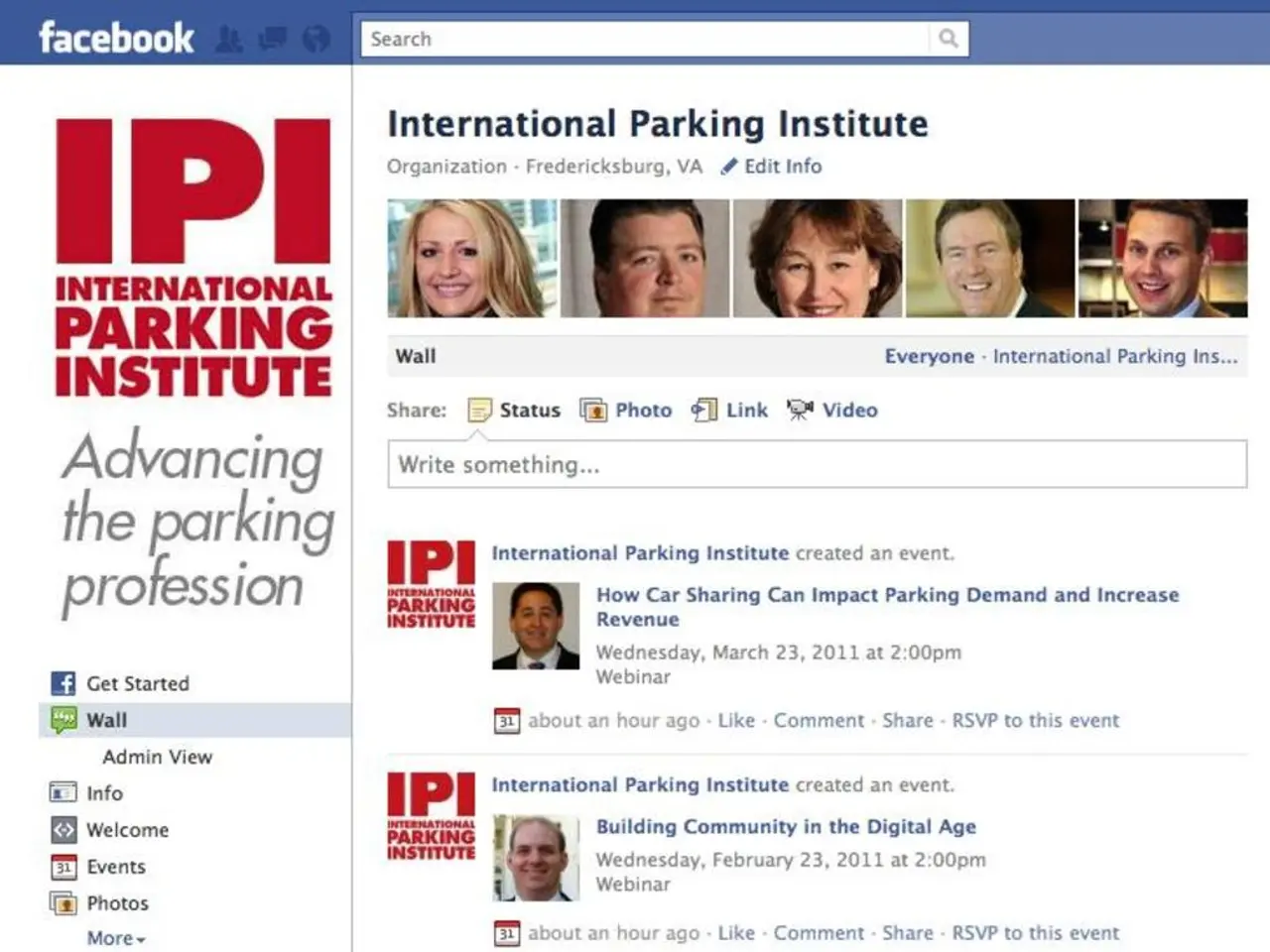Religious leaders in Switzerland are increasingly becoming non-religious and aging
Between 2008 and 2022, Swiss religious groups have experienced notable trends of secularization, increased inclusivity, and evolving leadership dynamics, reflecting broader European patterns.
The study "Secularisation and inclusivity: The development of local religious groups in Switzerland, 2008 - 2022" revealed that secularization has continued to advance, with traditional religious affiliation and church attendance declining, particularly among younger populations. This mirrors wider European trends where institutional religion faces challenges from a growing segment identifying as non-religious or spiritual but not affiliated with organized religion.
Regarding inclusivity, many religious communities in Switzerland have responded to secularization and societal diversity by adopting more inclusive practices and doctrines. This includes greater openness towards gender equality in leadership roles, welcoming LGBTQ+ members, and engaging in interfaith dialogue and social justice issues to foster community relevance.
In terms of leadership, religious institutions show a tendency towards more progressive leadership styles that emphasize community-building, transparency, and engagement with contemporary social issues. Lay participation in leadership and a move away from strictly hierarchical structures have been observed. Female leadership presence in some denominations has increased, reflecting broader societal shifts toward gender inclusivity.
The study, led by sociologists and theologians from various universities, found that the total number of local religious groups decreased from 6,341 in 2008 to 5,883 in 2022, a decrease of 7.2%. The percentage of local religious groups accepting homosexual people as fully members of the community has risen from 63% in 2008 to 75% in 2022. The growing acceptance of homosexual people is particularly evident in the Roman Catholic, Protestant-conservative, and Muslim traditions.
However, conservative evangelicals, Orthodox, Muslims, and Hindus/Sikhs have shown little or negative change in this regard. The study also states that not enough younger leaders are being recruited among local religious groups. The study shows that the age of spiritual leaders in religious communities is increasing, with the average age rising by three years, from 50.8 to 53.8 years, faster than the rest of the working population in Switzerland.
The study does not mention any changes in the total number of local religious groups or the average age of leaders and regular participants from 2008 to 2022. It also does not provide detailed quantitative data on these exact dimensions for Switzerland during this period. Further insights could be sourced from Swiss public statistics offices, religious surveys, or academic studies focusing explicitly on Swiss religious developments.
The increase in acceptance and leadership roles for women has been particularly significant among Reformed, classical evangelicals, and Buddhists. While Roman Catholics and Reformed Protestants have lost more members, evangelical-charismatic congregations in Switzerland are characterized by a high level of fluctuation.
These trends align with broader European patterns reflected in recent academic discourse and conferences on religion’s changing landscape. The study provides valuable insights into the transformations occurring within Swiss religious landscapes, contributing to the ongoing scholarly discussions on this topic.
[1] Consonni, S. (2025). "Newspapers and religion in Europe – trends and changes". Conference proceedings.
- The research on health-and-wellness might look at how science is influencing the rise of alternative therapies-and-treatments, such as CBD, for mental-health issues.
- Fitness-and-exercise regimens, driven by scientific understanding, can be tailored to individual nutritional needs during the aging process, ensuring optimal health maintenance.
- Climate-change science has raised awareness about the environmental impact of industrial practices and encouraged the promotion of sustainable living principles in health and wellness.
- The significant increase in scientifically-backed medical and technological advancements can lead to more inclusive practices in healthcare, helping both mental-health patients and the elderly adapt and age gracefully.
- The trend of secularization observed in Swiss religious groups reflects a larger shift towards environmental-science and space-and-astronomy education in modern cultural discourse, as institutional religion gradually gives way to scientific enlightenment.




